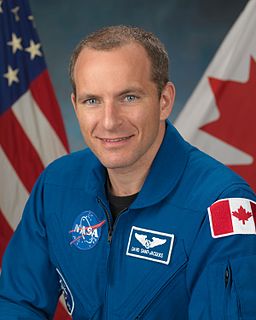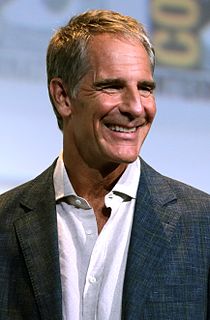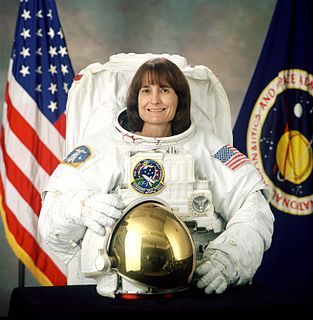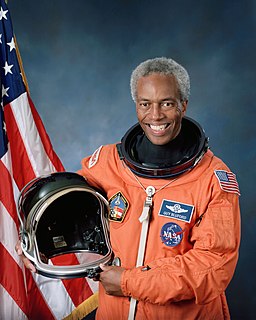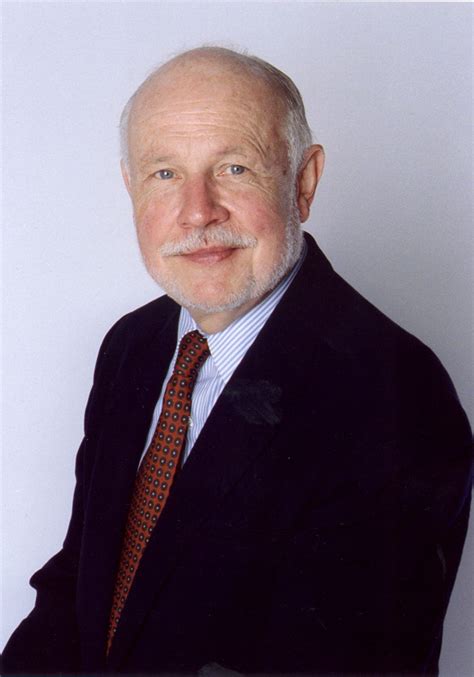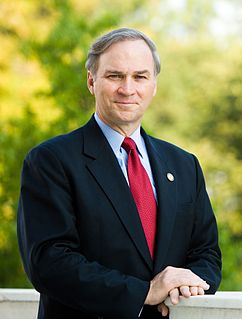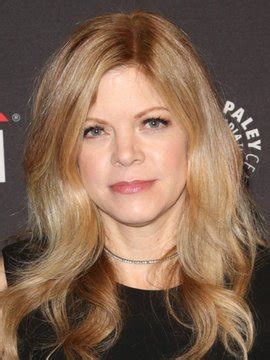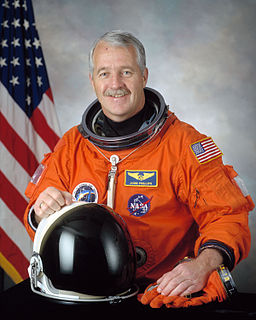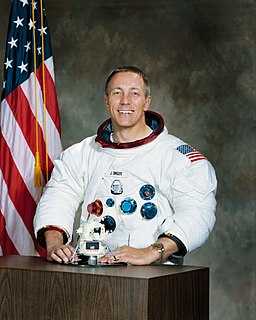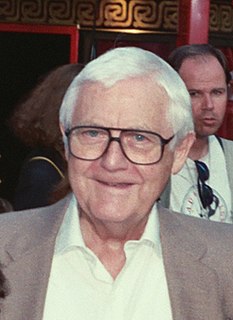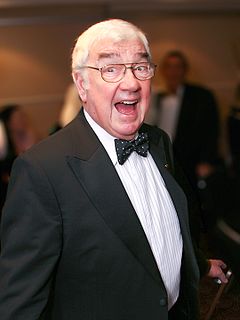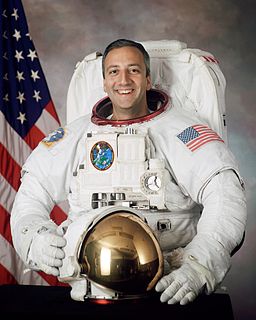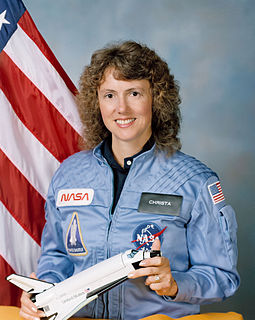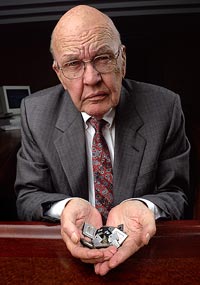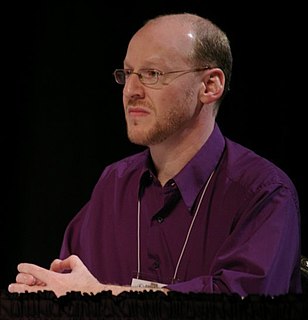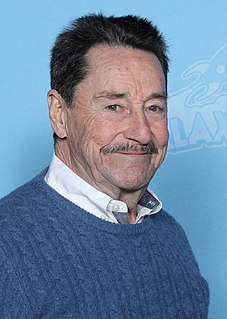Top 1200 Space Program Quotes & Sayings
Explore popular Space Program quotes.
Last updated on April 14, 2025.
If I could get one message to you it would be this: the future of this country and the welfare of the free world depends upon our success in space. There is no room in this country for any but a fully cooperative, urgently motivated all-out effort toward space leadership. No one person, no one company, no one government agency, has a monopoly on the competence, the missions, or the requirements for the space program.
I really love sharing with young Canadians the changes we're seeing in the space program right now with what we call "commercial space." We have commercial cargo delivery to the space station, and now we have what we call "commercial crew," where we're going to be delivering people to low orbit on new vehicles that are being designed by Boeing and SpaceX.
I believe that space travel will one day become as common as airline travel is today. I'm convinced, however, that the true future of space travel does not lie with government agencies -- NASA is still obsessed with the idea that the primary purpose of the space program is science -- but real progress will come from private companies competing to provide the ultimate adventure ride, and NASA will receive the trickle-down benefits.
NewSpace, commercial space - whatever you want to call it - is rising, with or without government support. It is rising in West Texas and on the Gulf Coast, in California and on the Virginia coast, and rising from the ashes of the old space program in Florida and in small shops and university labs in a hundred places in between.
One of the great intellectual mistakes Einstein made is that he thought that space and time are physically or ontologically entangled. In the present non-spatial universal computational program, space and time happen to be entangled to the extent that, under certain unique circumstances, changes in spatial measurements indicate changes in temporal ones. However, a change in the program itself may cause space and time to disentangle.
We needed a "psychenaut" program to be the opposite of the astronaut program in order to explore the enormous domains and dimensions of inner space. We need inner space exploration. We need to have access to more capacities in order to be adequate stewards of this most incredible process of transformation in human history.
I had always been interested in the space program, and I didn't know if I could be an astronaut like I'd dreamt about when I was a little kid - to me it sounded kind of silly, someone grow up to be an astronaut - but, when I was in my 20s, I thought maybe I can get a job with NASA or a contractor, do something with the space program.
Qian Xuesen, the father of the Chinese Space Program, studied in the United States, and he was a protégé of Theodore Von Carmen's at Cal Tech and helped start the jet propulsion laboratory there, and then he got caught up in the anti-communism wave and was accused of being a spy and was actually deported back to China where he built from nothing, their entire missile and space program. So, in a way, in a very real way, the United States in trying to protect so-called protect our secrets and throwing this guy out of the country, we helped seed and start the Chinese missile program.
I'm always involved with the Aerospace Program and NASA and Goddard Space Flight Center. And if kids feel so inclined, they can log onto NASA and the Optimus Prime Spinoff Award, which we present every year to some of the brilliant young minds that are taking up into the academics of space, science, technology, math.
